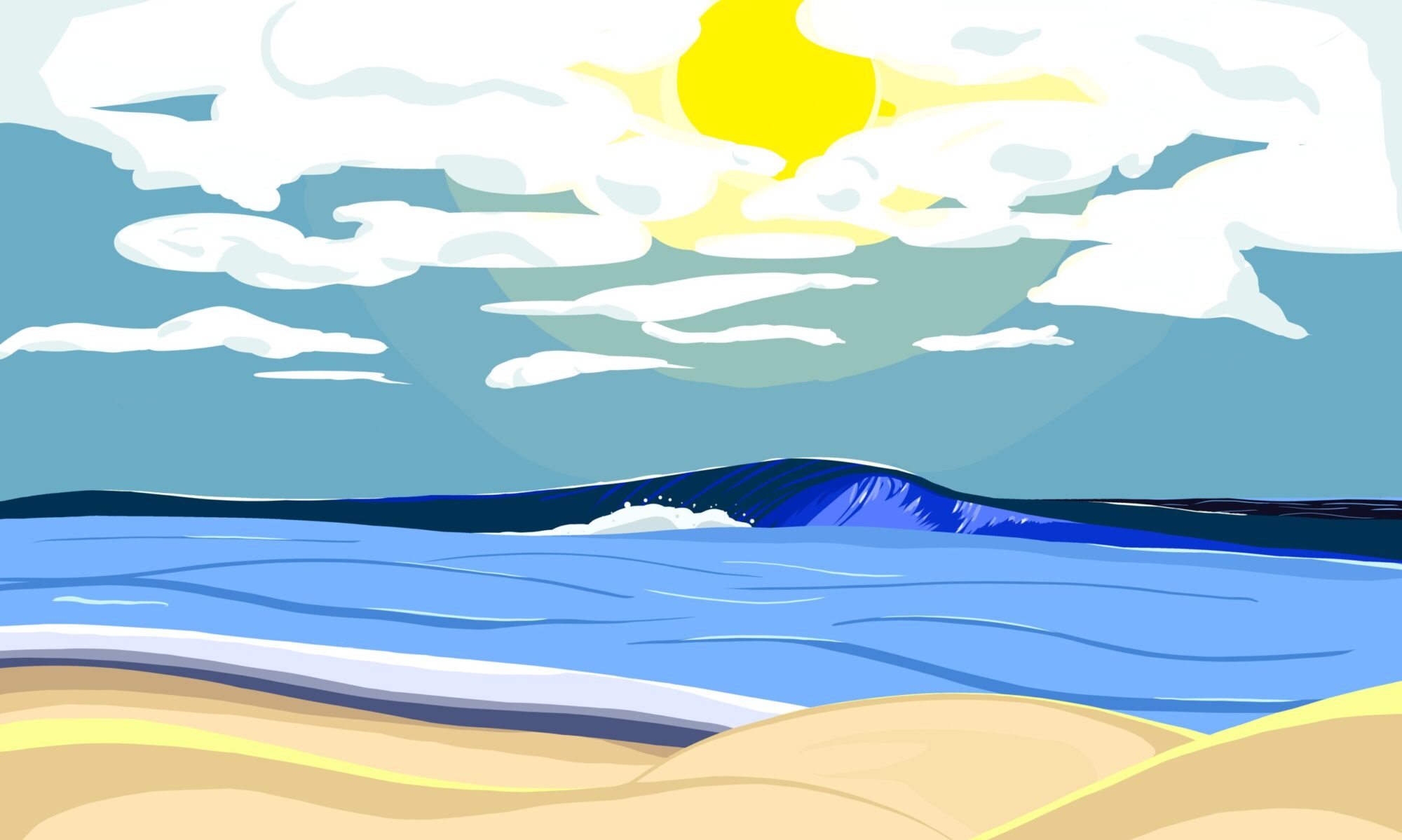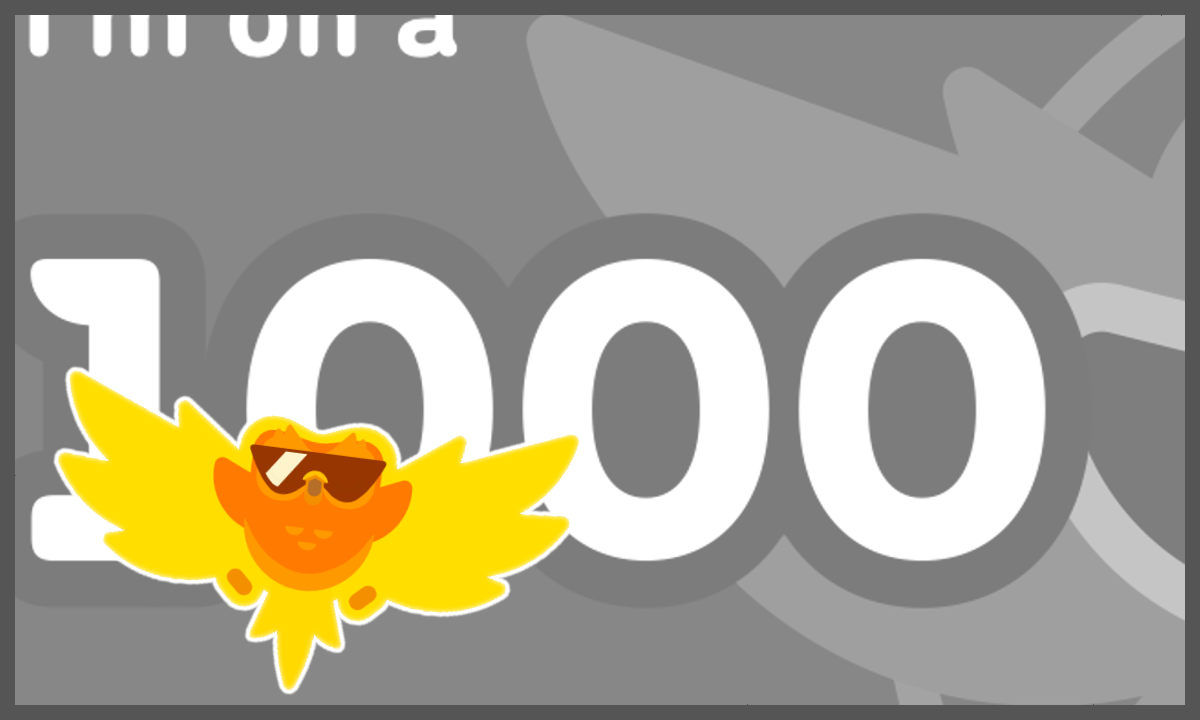I have been having too many dreams. If they were not so personal, I might describe them (Would you believe me if I said that I end up describing them later?), but I have noticed a theme—loneliness. My dreams are often an expression of interpersonal relationships. I have always found it more difficult than most to associate myself among the group. Beyond that, intimate relationships, like the ones with whom I love most, remain somewhat mystifying. Who I am makes me awkward in many ways, but I know that I just try too hard. Experience and exposure. Do you want to be my friend?
Pushing the whole personal aspects of the idea above, there is a girl that I crushed on for too long that reappears in my dreams when my subconscious is weakest. I know that these types of dreams are common. What is interesting is that I no longer know the girl who is central to this fantasy. My subconscious has used my past emotions for this girl to craft a person that never existed. This dream girl represents an emotion more than it represents a person, yet there still exists an identity. Even in a dream, there is a distinct familiarity—a loop that I guess I have not severed despite my best efforts. Emotional attachment is scary.
I am bringing up these thoughts not because I have noticed that with the increase in calories (and increase in weight), a reduction of stress, a modification in mindset, and the perception of more free time, there has been a change in my hormonal expression. I have been focused exclusively on my goals this past year, and in response, my body underwent some form of dormancy. I am interested in what my testosterone levels are now compared to 6 months ago. I will have to get this tested. In addition to the huge diet shift, mental state has an incredible physical expression. The mind-body connection. The mind-body connection!
I have been reflecting on an idea repeatedly mentioned in Elon Musk’s biography: innovation is not a passive process. I am thinking about the importance of those within our society who are willing to work unreasonably in order to achieve a goal. As we can see with Elon, it only takes one man’s ambition to unite the work of thousands towards innovation and evolution. One might argue that humans living for the sake of living and not growing makes life’s meaning limited to superficial pleasure. Some might argue religious or spiritual meanings, but if we only live to live and, as a society, we do not progress, what is it all for? Does the present make all other times irrelevant?
Chapter 67 of Elon Musk by Walter Isaacson: “…It takes a toll. You can’t be in a constant fight for survival, always in adrenaline mode, and not have it hurt you. But there is something else that I have found this year: fighting to survive keeps you going for quite a while. When you are no longer in a ‘survive or die’ mode, it is not that easy to get motivated every day.”
I have found the same thing this past year. It is hard to find a balance between highly efficient output and health—the solutions I have found to high output and meaningful work are a poison to health. If I have been going at 100%, I am going to try 80% and see how I feel.
Chapter 69 of “Elon Musk” by Walter Isaacson: I really connected to the conversations about the gamification of life. I am particularly interested in exploring more about the relationship between empathy and success (social and business). The idea of treating life like a game and becoming numb to the losses is most definitely something that I have experienced. I second that the idea is legitimate, but I am still uncertain about the consequences of living such a callous life in pursuit of success.
Before I went to sleep on Friday, I was struck by the fear that the stress, as painful as it is, is what I chase—that I find comfort in the pain. I am not yet convinced that this is true, but I believe that there is truth in it. I really dread stress; however, I very much enjoy competition, completion, and success. I must not equate suffering with quality work, but quality work often does take sacrifice.
I was just reflecting on all the lessons that I have learned this year, such as recognizing that the tools that I buy are only temporary and that things are made to be worn. I have a tendency to go overboard and put too much time, money, or energy into maintaining perfection for the smallest of things. Often, this results in poor outcomes from wasted time or fixation in the wrong areas.
I feel like I have so much of the world figured out, but I know that that cannot be true.
A few chapters back in the biography, they also mentioned AI robots and universal income. I expressed it in a blog post a few weeks ago: Universal income can for sure work; there is no logistical reason that it should not, but it defies the structure of the capitalist idea. We already have high levels of automation, but the gains from that efficiency are not distributed evenly. The gains from robots can just as easily be absorbed by the top 10%, as have most economic innovations. What will make robots any different? Will they push us over the ledge, forcing change?
I have brought up the idea of the multiverse and/or the cyclic universe theory. As irrational as it might sound, I fear that if my future leads me to live an unsatisfactory life, I will be doomed to repeat the life, unknowingly, for eternity. This could be the heaven and hell that we all fear so much. Maybe the good and bad that we did in the past is the punishment in the inevitable future of our universe’s repeated birth and death. The other option is that there are multiple, if not infinite, outcomes. My concern is that even if that is true, the proof (if my awareness is proof) of the present reality existing infinitely increases the likelihood of this or a similar future existing. Those similar futures could be improvements, but that set of infinity will probabilistically be an average of this one, some better and some worse. For that reason (again, irrationally), this is why I want to live my best life.
I had a great idea just now. Picture this: humans (likely some very distant evolution of humans, maybe AI or some kind of impossibly imaginable symbiosis of machine and biology that have achieved absolute mastery over our physical world) plan to outlive the collapse of the universe, disrupting the whole flow of the cyclic system (this would only work if the system produced variability to allow the possibility of life overcoming their domain). We could explore the dimension of time, all sorts of temporal paradoxes, free will, and religion. We might question the transcendence over the simulation, moral becoming god, and the meaning of our universe, which might be greater than anything existing inside our universe can imagine. Can we transcend dimensions?
This is just an idea. A fun idea, but an idea that would take a lot of work.
To future me: If you are reading this, that means that you have made it to a point where you are eager to reflect—this is good. I want to remind you about how confused, ambitious, and novel your eyes were at this time. I am completing your second semester of college. You remember the struggle of this time, don’t you? Time and experience have forever changed how you view me, but I exist. I am not only you, but I exist as real as you, only a dimension away. Does controlling for time control for three-dimensional space? That sounds like some kind of Einstein 4th-dimensional calculus. I recognize that last sentence as both intelligent and foolish. Tell our daughter, the one that only lives in my mind, that you love her. Yes, you are crazy. Did you, for a moment, believe otherwise? Forward!


